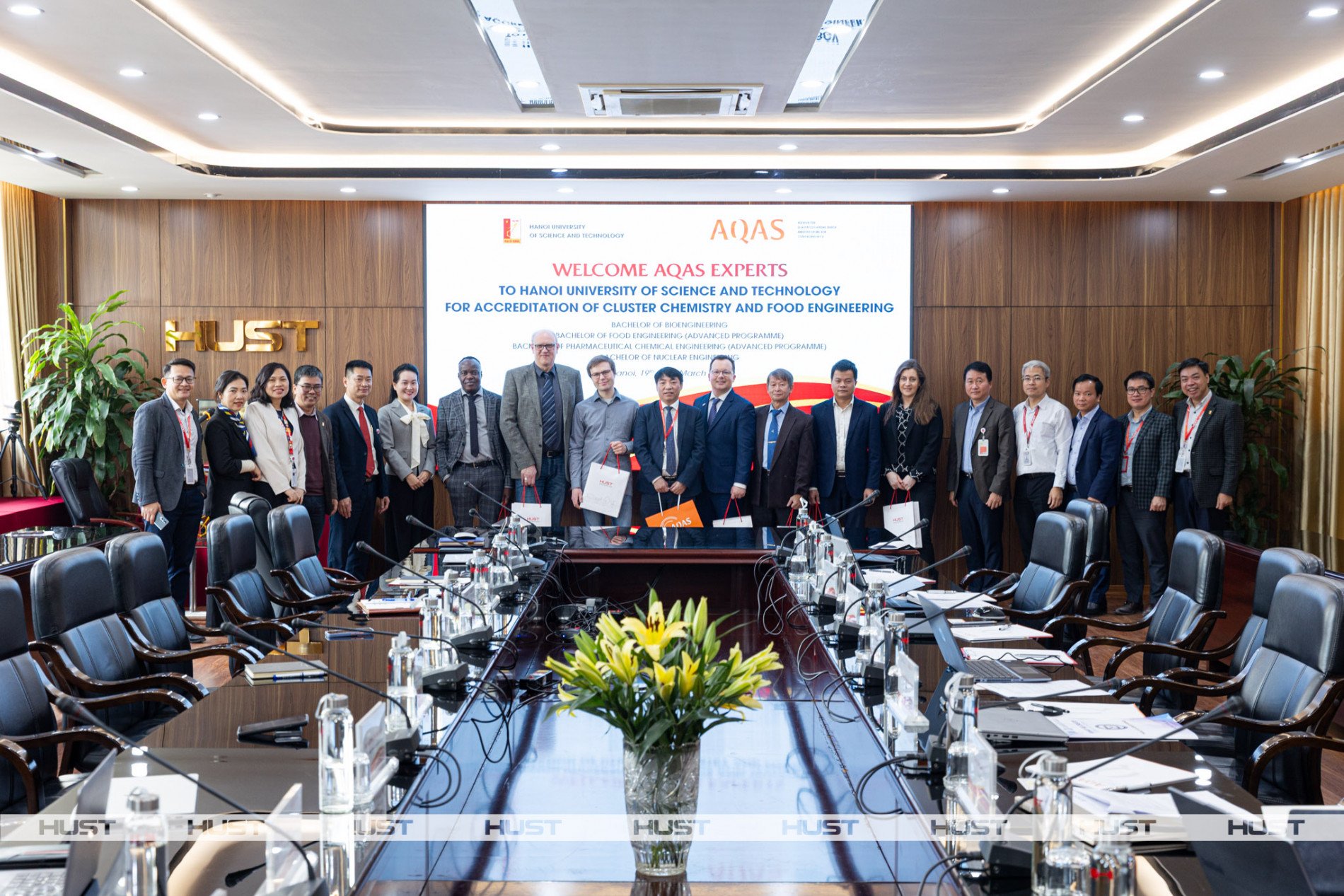
From March 19 to March 21, 2025, Hanoi University of Science and Technology (HUST) hosted external assessment activities for its study programs according to AQAS standards. These programs include those from the School of Chemical Engineering and Life Sciences: Biotechnology, Advanced Program in Food Engineering, Advanced Program in Pharmaceutical Engineering, and the Nuclear Engineering program from the School of Engineering Physics.
AQAS (Agency for Quality Assurance through Accreditation of Study Programs) is an accreditation body and a member of the European Association for Quality Assurance in Higher Education (ENQA).
The AQAS accreditation standards are referenced against the European Standards and Guidelines for Quality Assurance in the European Higher Education Area (ESG) and comprise 7 criteria: (1) Quality of the curriculum; (2) Quality assurance processes; (3) Learning, teaching, and student assessment; (4) Student admission, progression, recognition, and graduation; (5) Teaching staff; (6) Learning resources and student support; (7) Public information.
Continuous Improvement is Key to Enhancing Study Program Quality
Warmly welcoming the AQAS delegation for the third time to Hanoi University of Science and Technology, Assoc. Prof. Tran Ngoc Khiem – Vice President of Hanoi University of Science and Technology – committed that the University would actively support the assessment team to ensure a smooth and successful accreditation process.
Assoc. Prof. Tran Ngoc Khiem affirmed that Hanoi University of Science and Technology consistently promotes quality accreditation activities, meeting the demand for high-quality human resource training.
“Understanding that the principle of quality assurance is continuous and ongoing improvement, enhancing the quality of study programs has always been a key focus for Hanoi University of Science and Technology when developing its phased development plans. In the Hanoi University of Science and Technology Development Strategy 2025, improving the quality of study programs according to international standards is one of the seven key tasks,” said Assoc. Prof. Tran Ngoc Khiem, calling accreditation and improvement efforts “the key to enhancing study program quality” and affirming that accelerating the AQAS accreditation process is a top priority to achieve this task.
For Hanoi University of Science and Technology, AQAS program accreditation is not merely about receiving a certificate; more importantly, it is an opportunity to improve quality through expert recommendations, helping HUST enhance and elevate the quality of its study programs to meet international standards, accelerating the process of internationalization and integration into global education.
Mr. Ronny Heintze – Deputy Director for International Development at AQAS and head of the delegation – expressed his appreciation for the warm hospitality and enthusiastic support that Hanoi University of Science and Technology extended to the assessment team.
Through the two external assessment programs that took place in February 2025, AQAS and Hanoi University of Science and Technology have gained significant experience in coordinating to conduct working sessions smoothly and effectively.
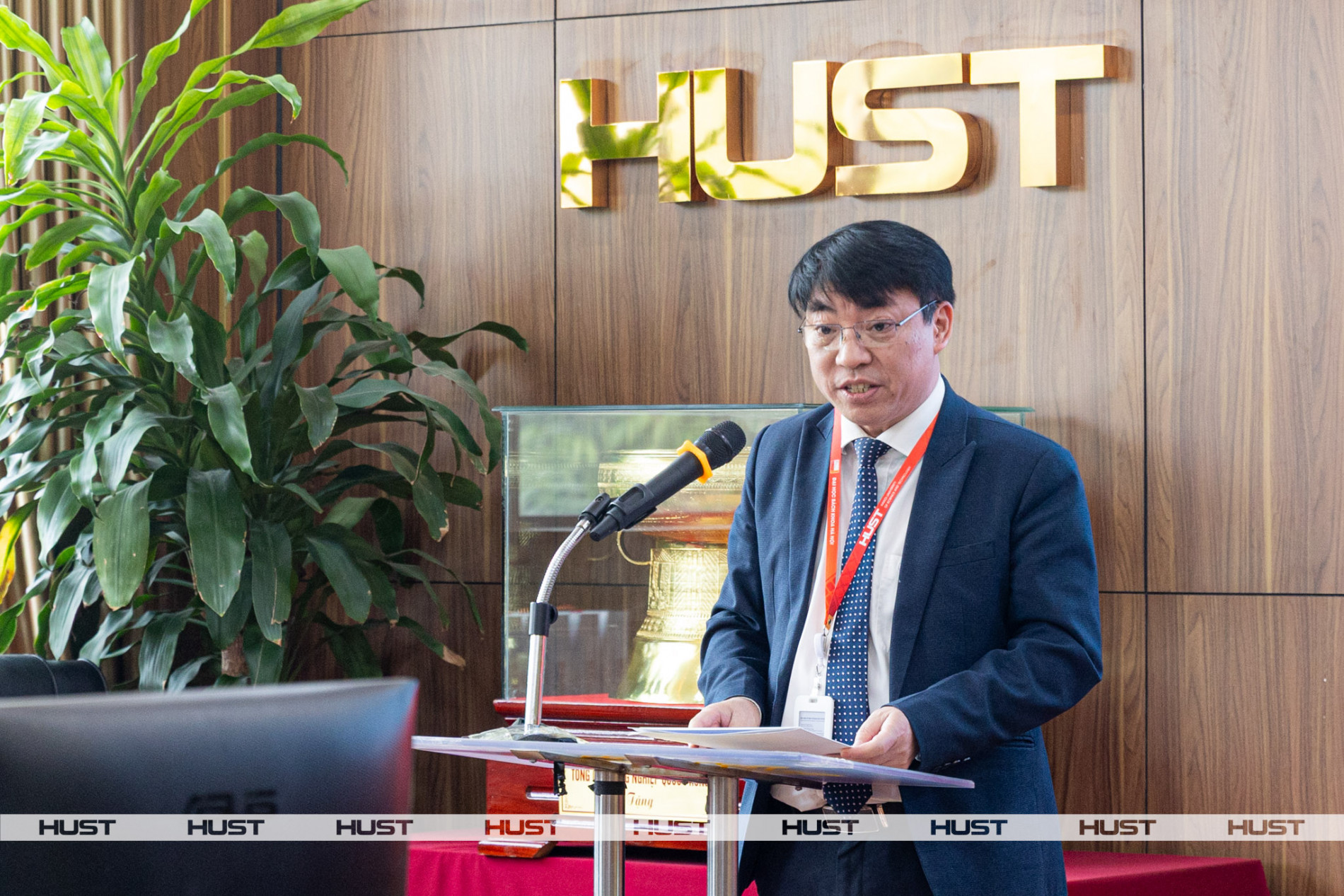




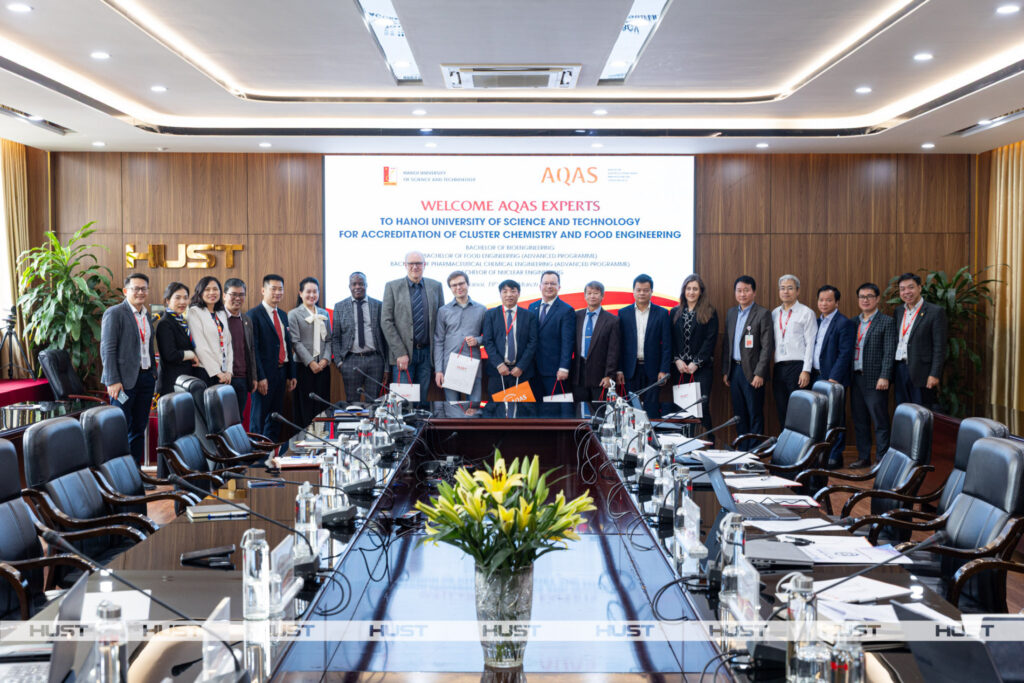
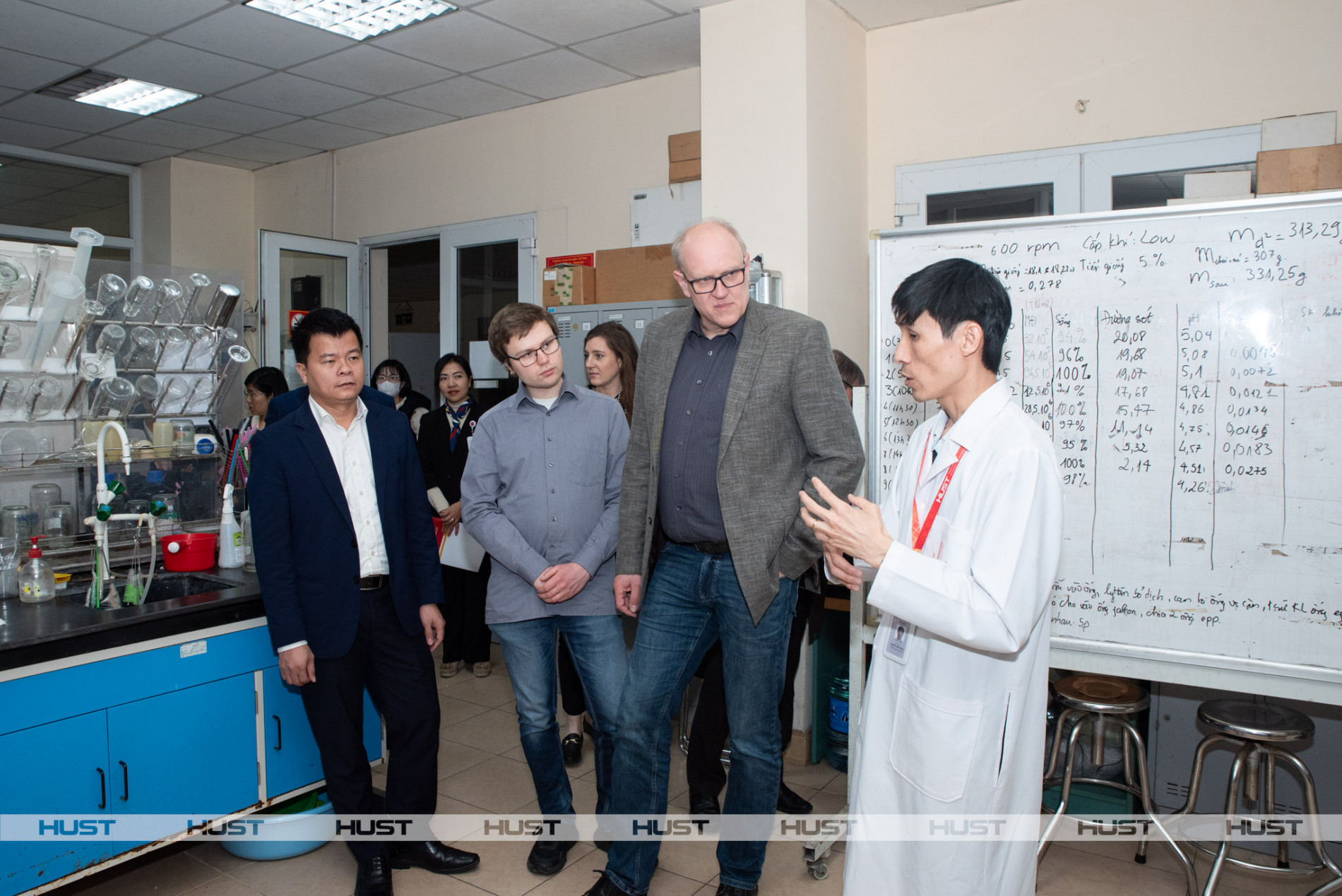
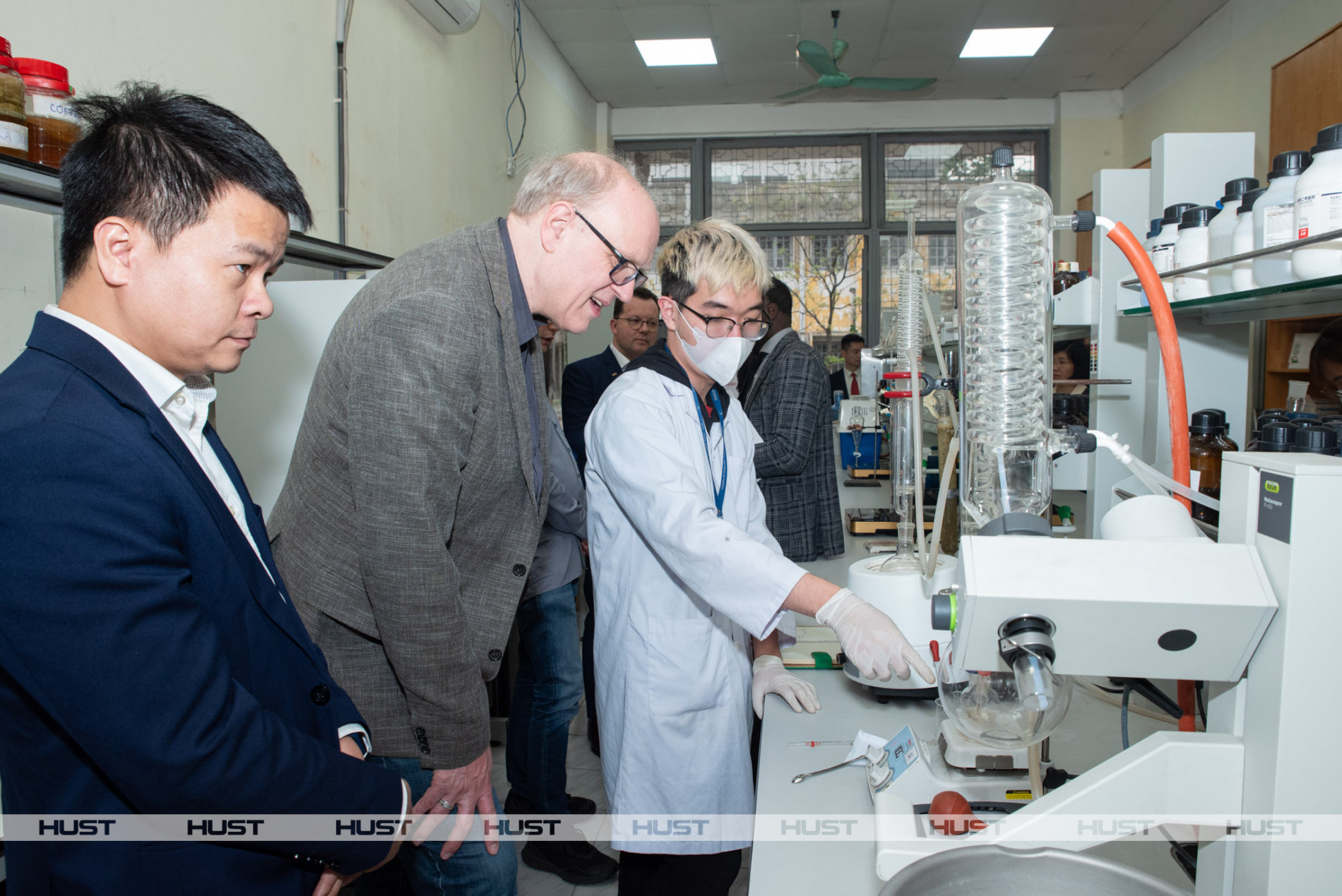
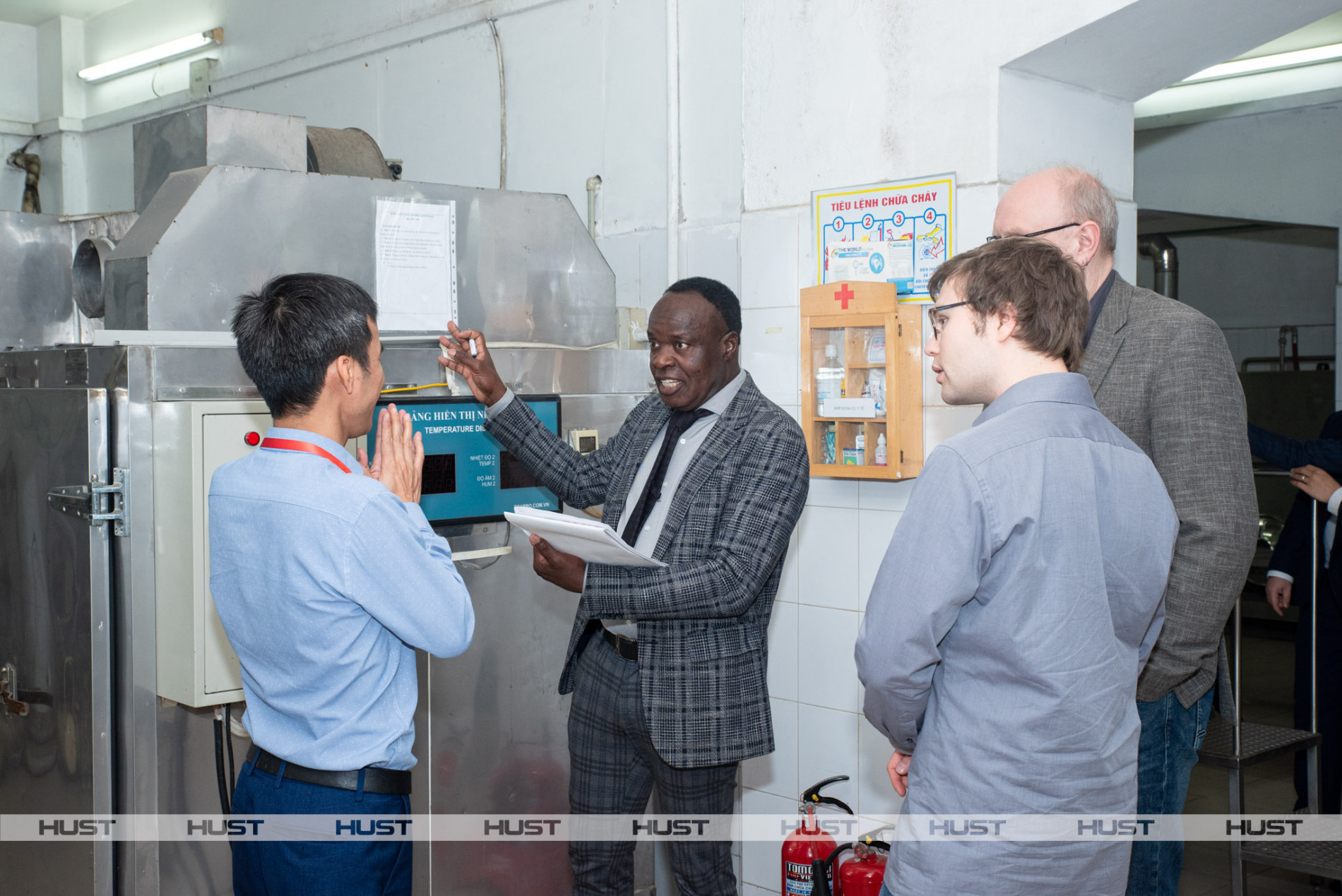
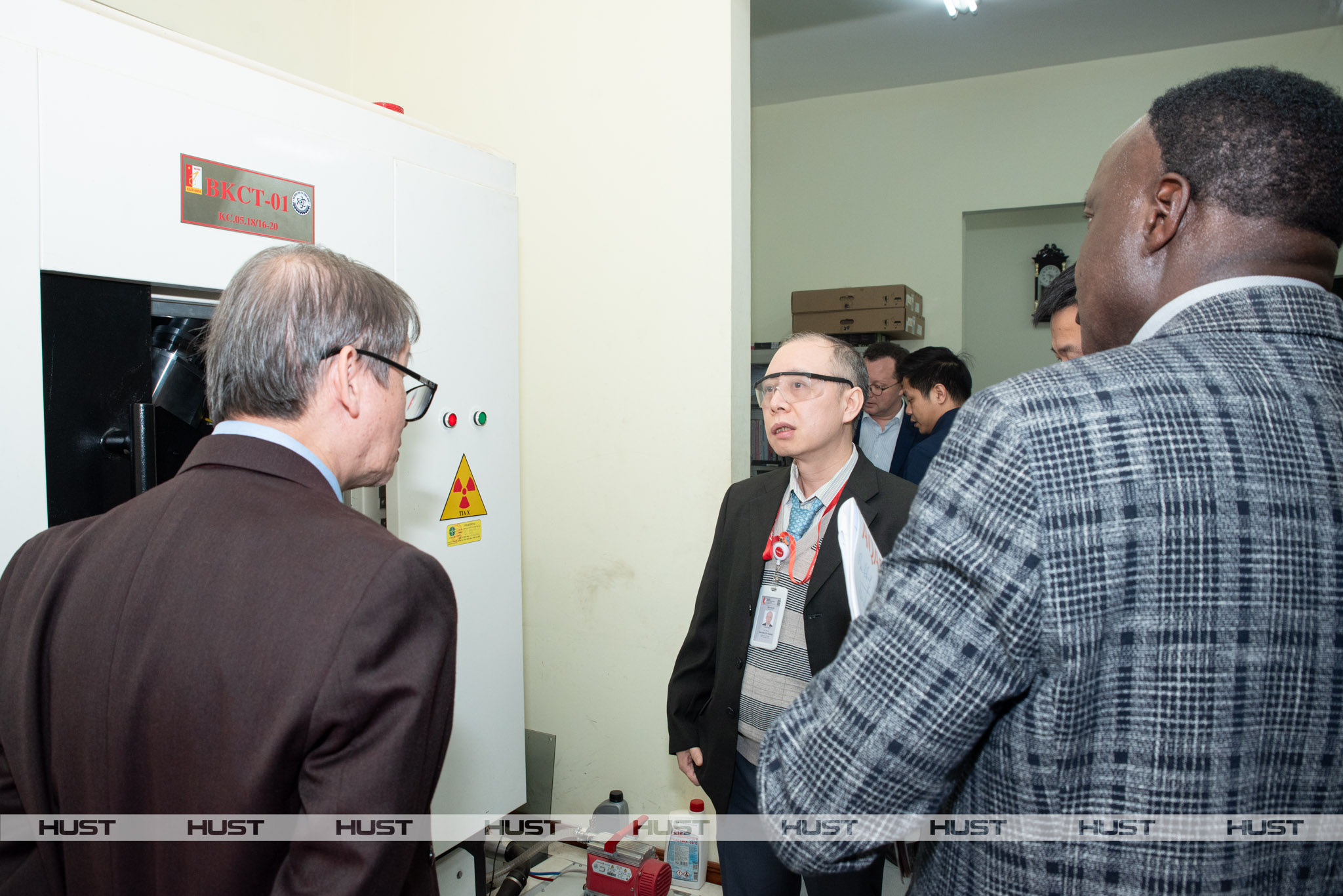
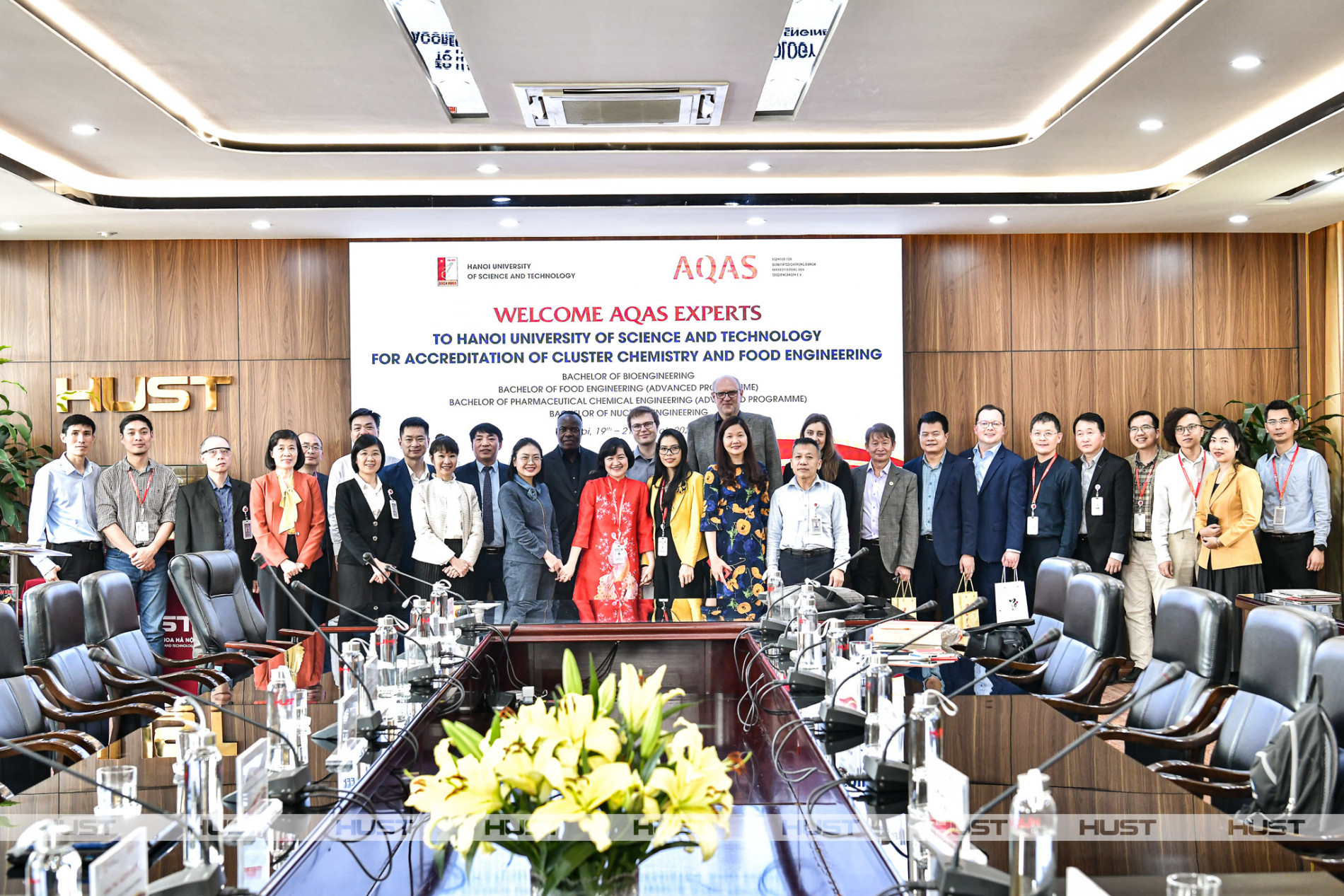

 Tiếng Việt
Tiếng Việt